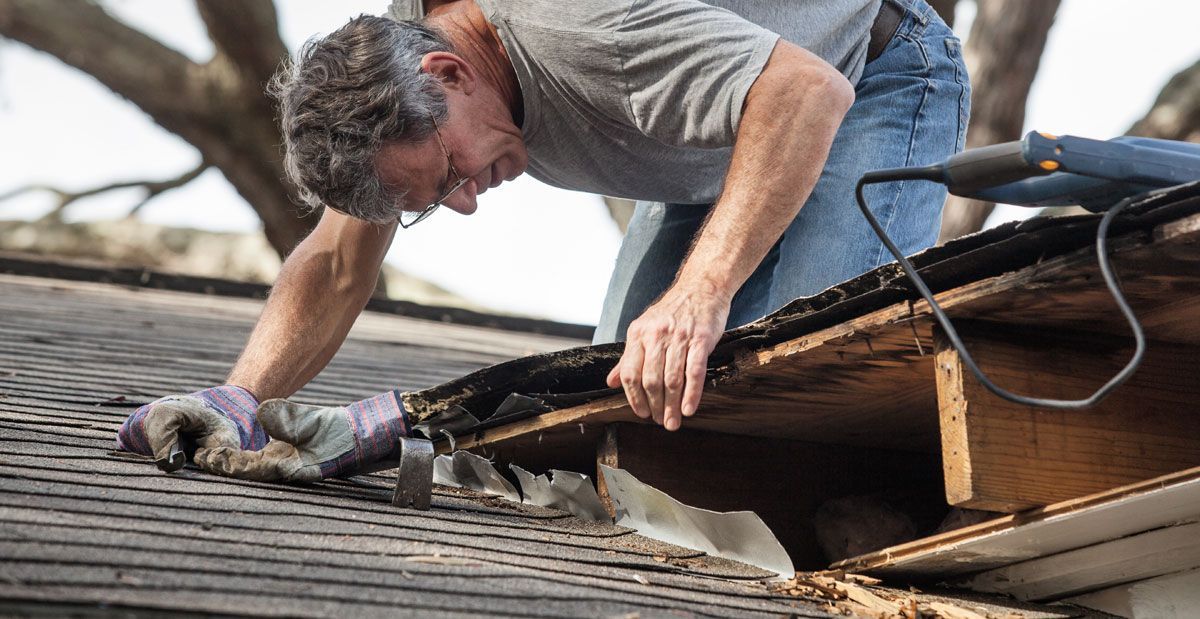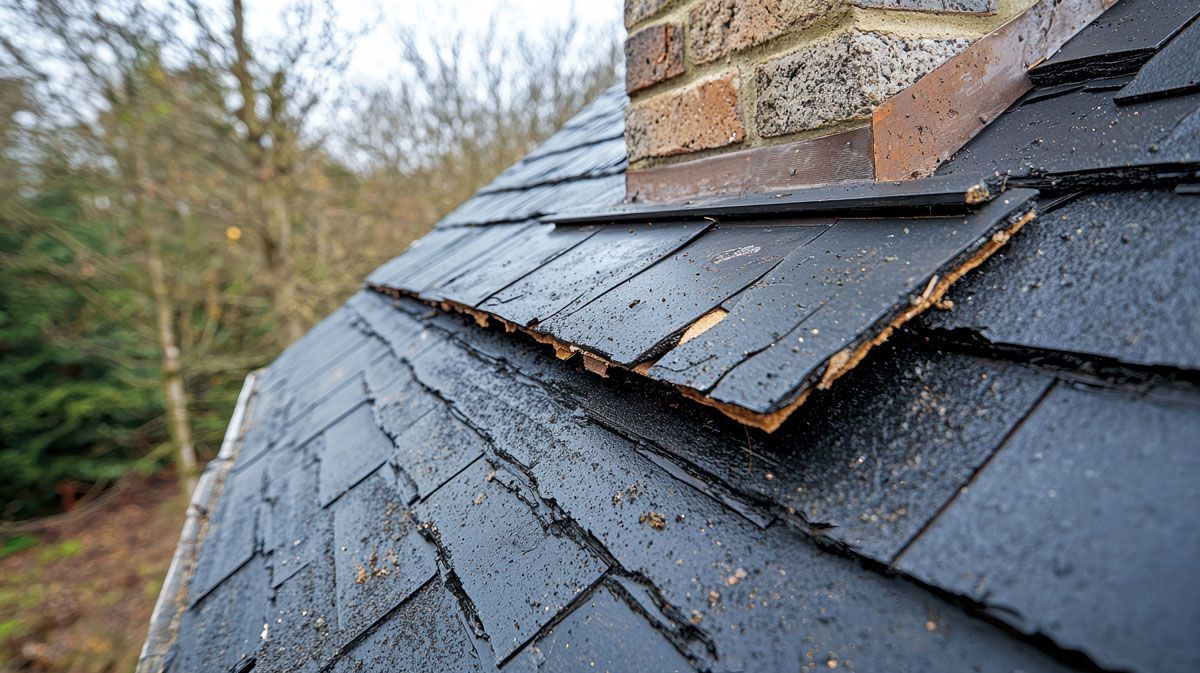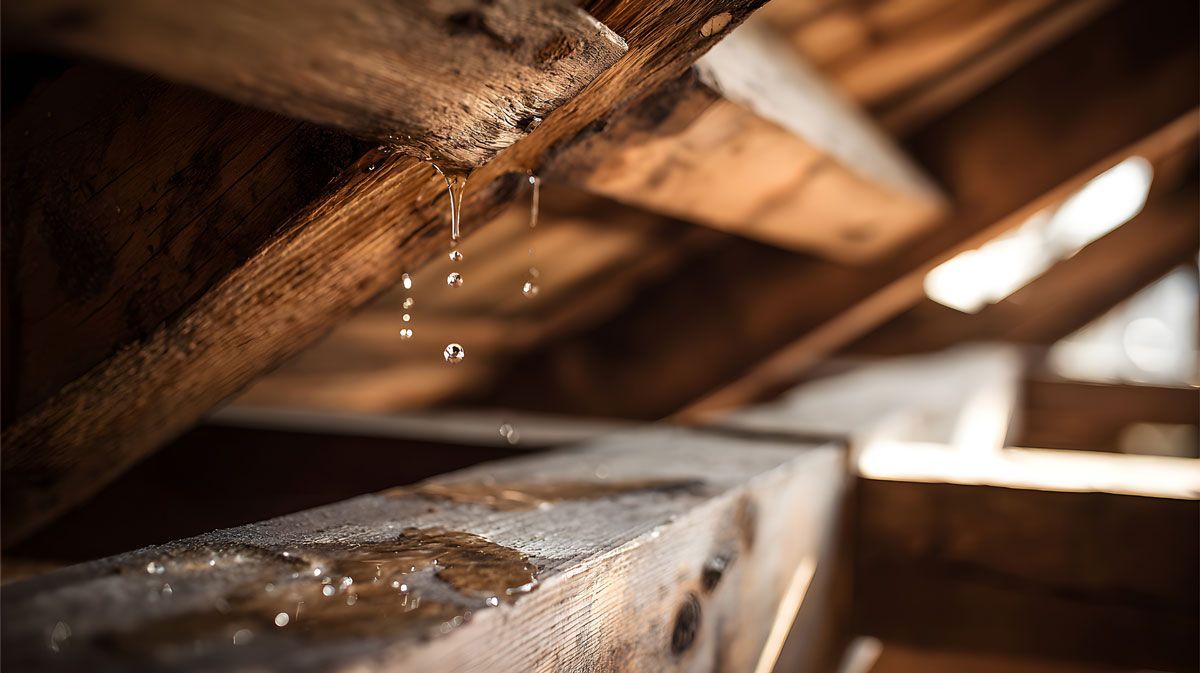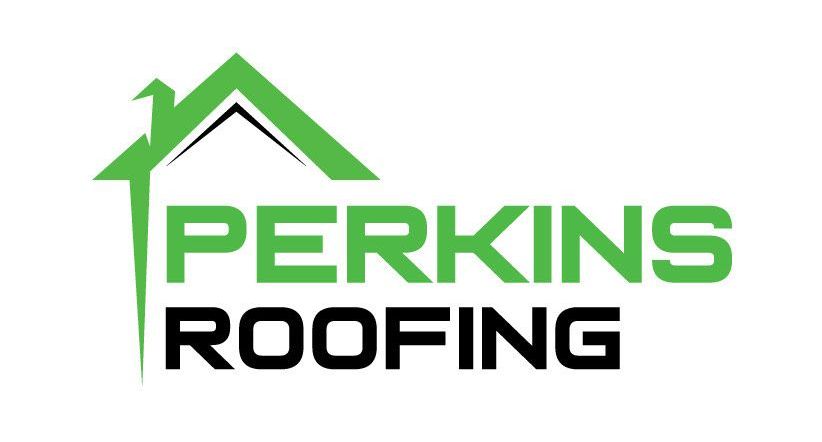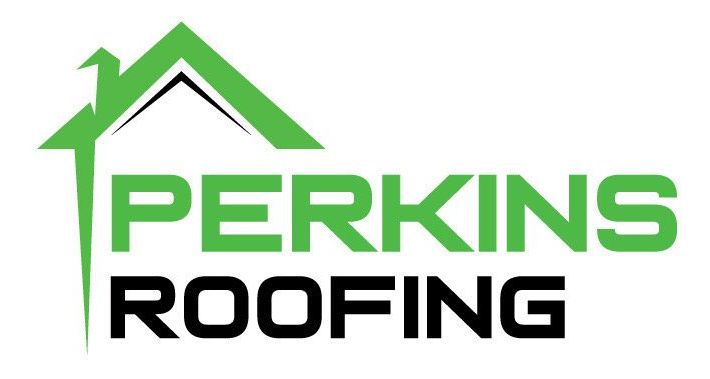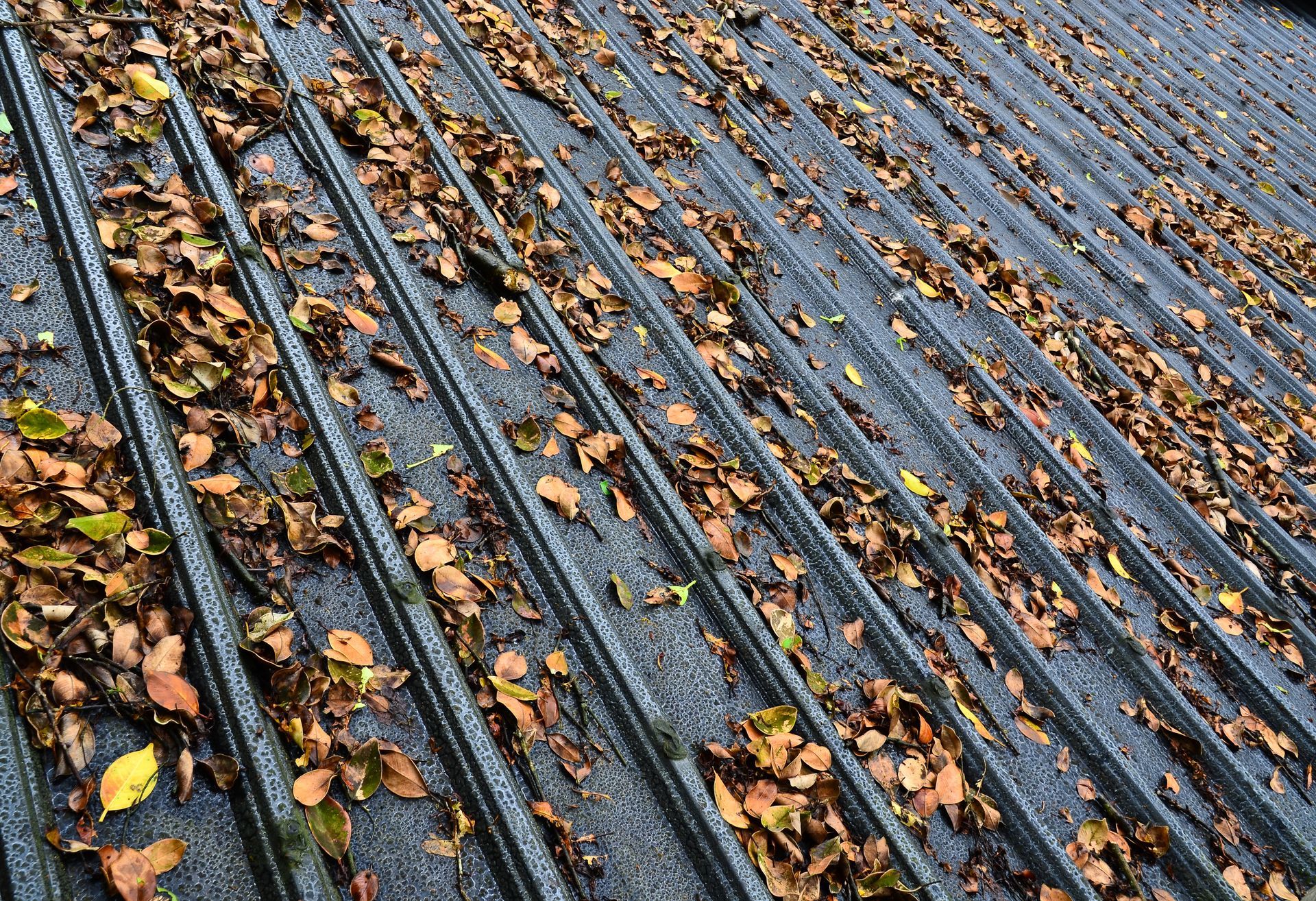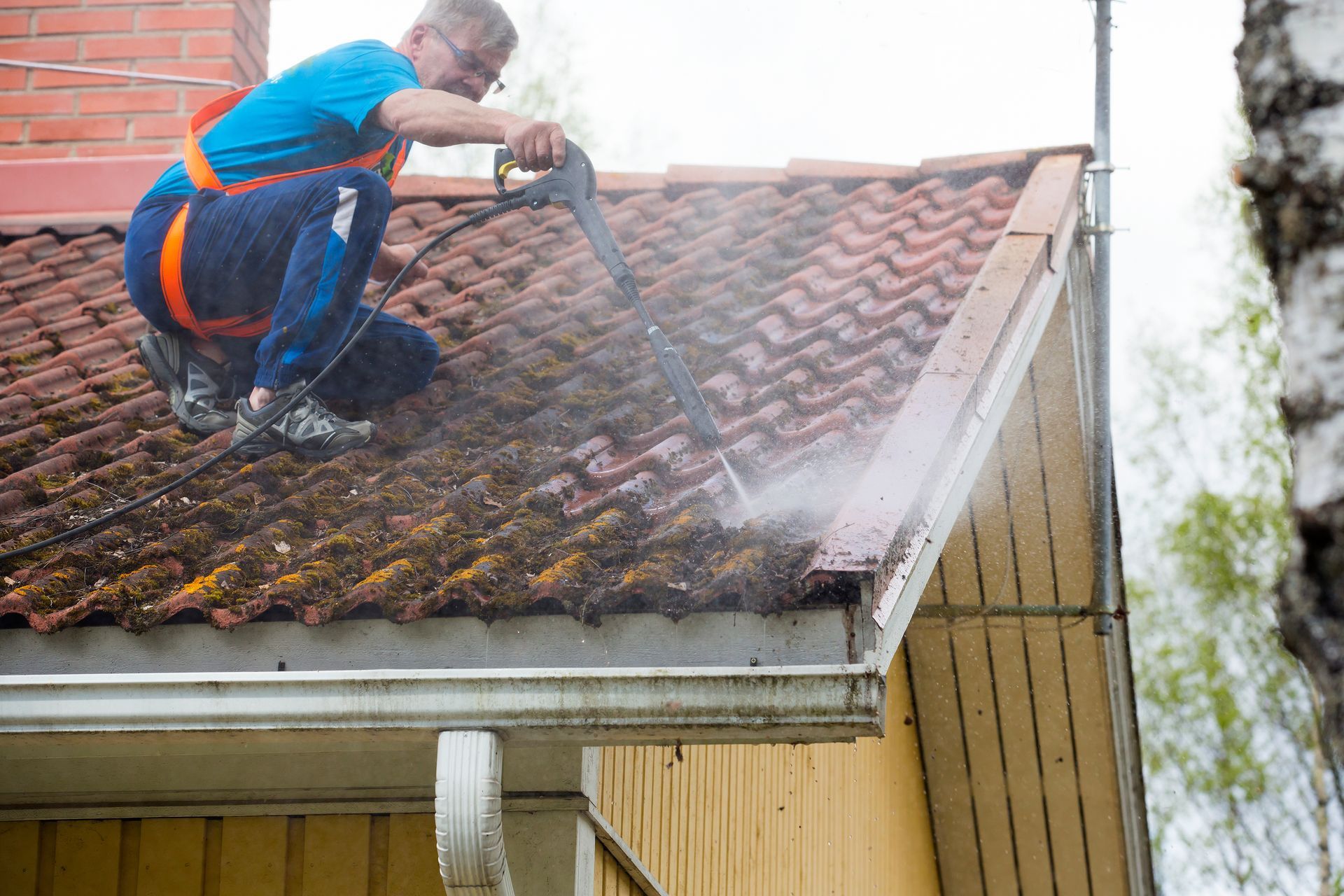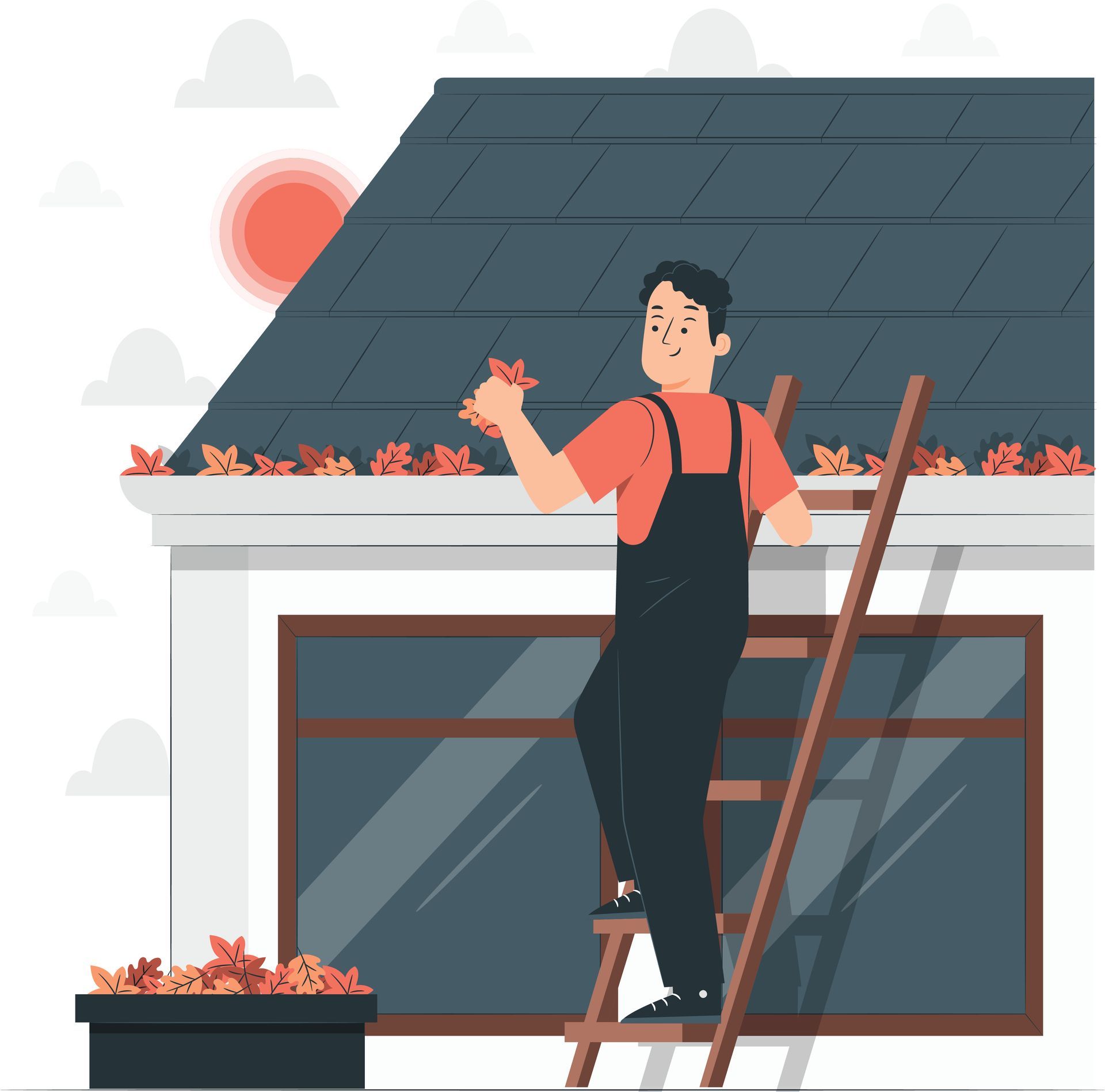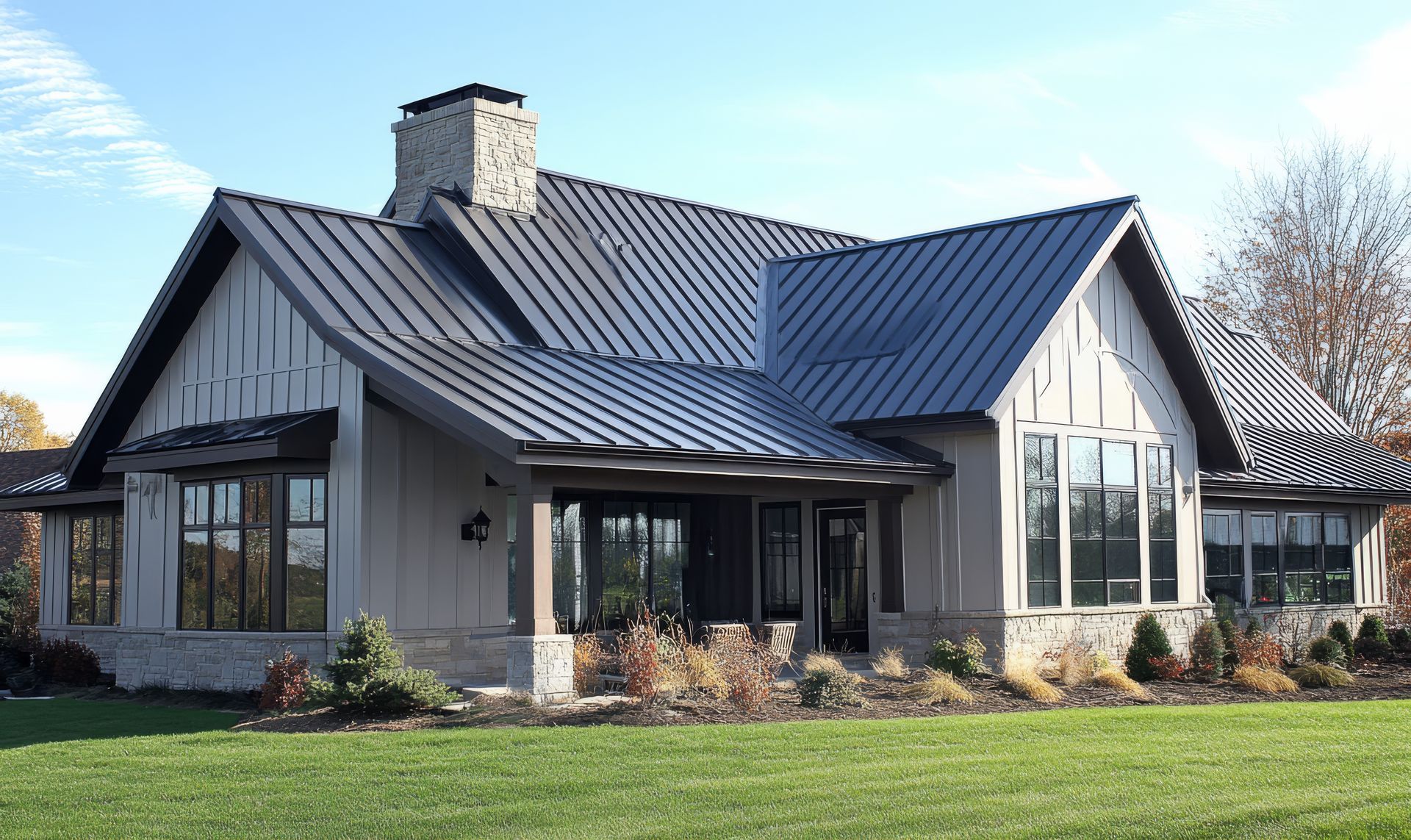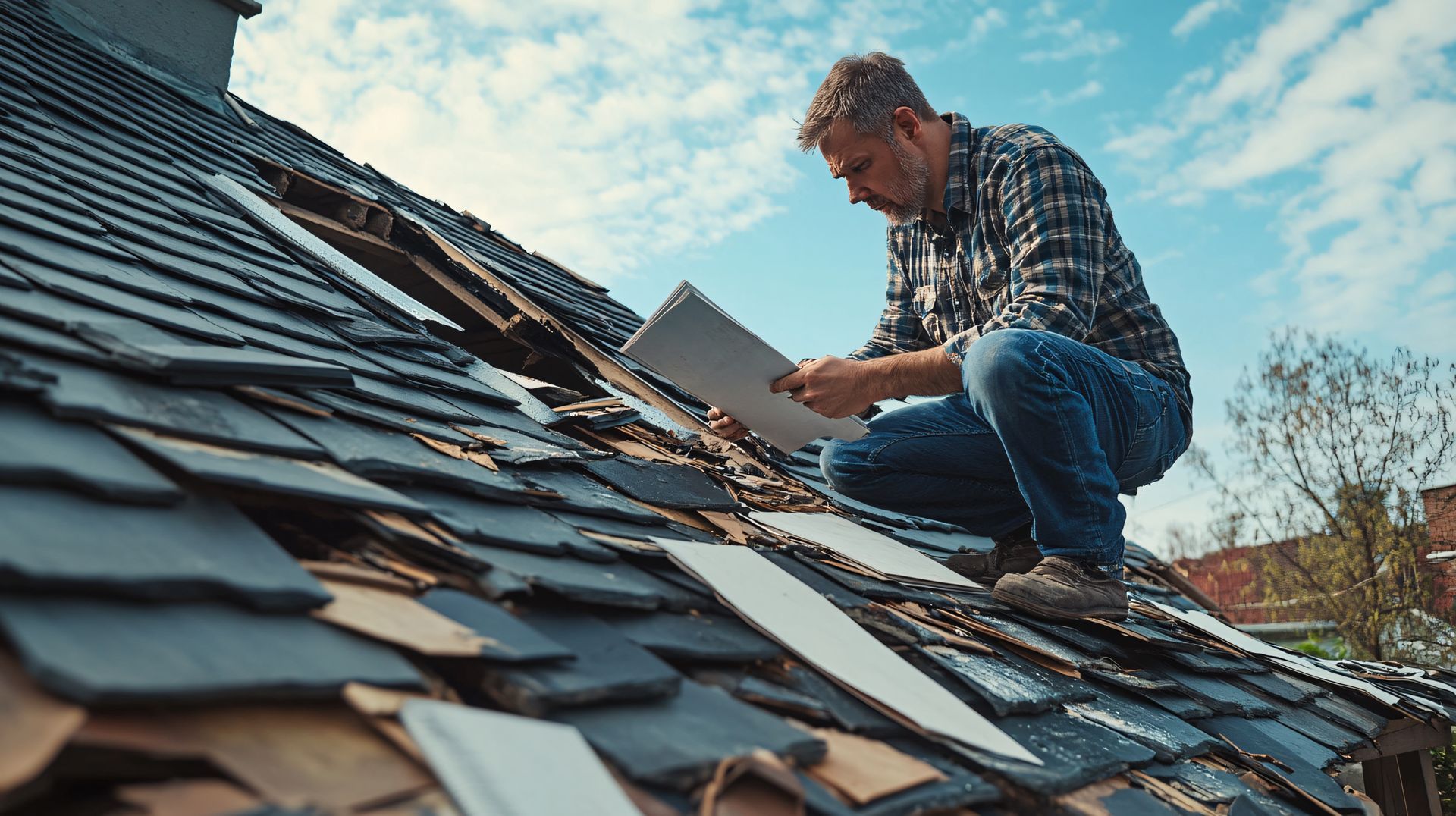The Risks of Ignoring Small Roof Punctures from Wildlife Damage
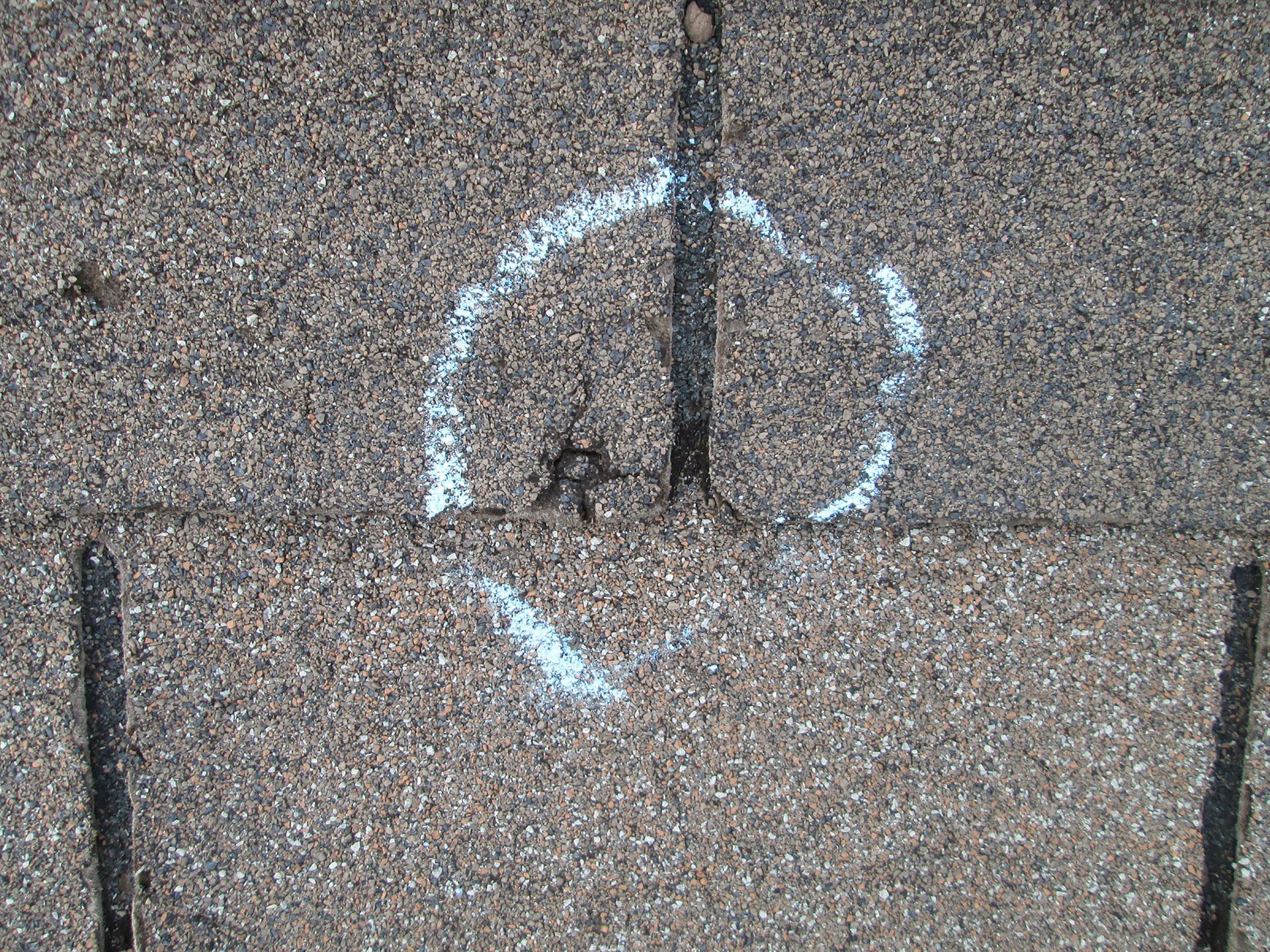
Wildlife and roofing don’t mix. Squirrels, raccoons and birds may look small and harmless from a distance, but once they set their sights on your attic or vents, your roof becomes the barrier they must get through. Although they usually don’t chew, claw or peck out big holes, even small punctures can cause serious trouble.
Squirrels Are Persistent Chewers and Roof Invaders
Squirrels are notorious for gnawing their way into attics to build nests. Their teeth never stop growing, which means they have to chew constantly, and your roof is an appealing target. Typical squirrel roof damage includes:
- Chewed ridge caps or lead pipe boots: Squirrels often start at small gaps or vents and enlarge them by chewing through soft materials like lead flashing or asphalt shingles.
- Gnawed roof edges or fascia: Once they find a weak spot under the eaves, they can claw and chew through the wood trim, exposing the roof deck underneath.
- Claw marks or scratches around vents: Indicating multiple entry attempts or nesting activity.
Even a quarter-sized hole chewed through a ridge cap can allow rainwater to seep into your underlayment. From there, water spreads under the shingles, saturates insulation, and eventually stains your ceiling.
Raccoons Are Strong, Clever and Destructive
Raccoons are another common culprit for roof damage, especially in wooded neighborhoods near creeks or greenbelts. Unlike squirrels, raccoons don’t nibble, they rip. Their dexterous paws can peel back shingles or roll up small roof sections in search of a dry, warm nesting spot. Common raccoon roof damage includes:
- Torn shingles or underlayment near roof vents: They often target attic ventilation points because they can feel the warm air escaping.
- Bent or removed vent covers: Their strength allows them to pull metal or plastic guards right off.
- Rolled-back shingles around chimneys or valleys: Once they find a weak seal, they can expose several square feet of the roof in a single night.
Because raccoon damage tends to happen near penetrations like vents or pipes, these tears become direct pathways for water to enter during rainstorms. A single night of raccoon activity can undo years of careful roof maintenance.
The Small Beaks of Woodpeckers and Birds Can Create Big Problems
Woodpeckers are less common roof invaders, but their damage is easy to overlook and easy to underestimate. When they hear insects beneath wood decking or fascia boards, they start pecking directly through the surface. The small holes they create may not look serious, but they act as tiny funnels for water infiltration.
Birds and smaller critters can also cause damage when they nest around roof vents or openings:
- Clogged or damaged vent covers: Nests can block airflow and trap moisture.
- Pecking or scratching at fascia boards: This can expose bare wood, inviting both insects and rot.
- Displaced shingles around nesting spots: Birds often move lightweight materials to create space.
Over time, these small entry points compromise your roof’s weatherproof barrier. Because bird damage is often near roof edges, the resulting leaks can spread down walls and soffits unnoticed until significant water staining appears indoors.
Prevention and Early Detection
Preventing wildlife roof damage starts with routine inspections. This is very important in fall and winter when animals seek warmth and shelter. Here’s what to look for:
- Gnaw marks or teeth scratches on ridge vents, pipe boots or flashing.
- Torn or missing shingles near the edges or valleys.
- Noise in the attic, especially at dawn or dusk.
- Signs of nesting material around gutters or vent openings.
- Droppings, twigs or debris in attic corners.
If you spot any of these signs, don’t wait. Call a professional roofer to inspect and seal openings before animals return or storms make the damage worse.
Additional preventive steps include:
- Trimming overhanging branches that provide roof access.
- Installing vent guards and heavy-duty flashing materials.
- Using metal or rubber-reinforced pipe boots instead of soft lead.
- Scheduling a professional inspection at least once per year, ideally before the rainy season.
The Importance of Fast Repairs
Speed is everything when it comes to roof punctures. Small wildlife holes that go unrepaired can quickly expand under Texas weather cycles. The combination of heat, humidity and rainfall accelerates deterioration, allowing leaks to form even when it hasn’t rained in days.
Prompt repairs restore your roof’s water barrier, stop the spread of rot and help keep animals from returning. In many cases, a simple patch, shingle replacement or flashing repair is all that’s needed if you act quickly.
Get Roof Punctures Fixed Fast With Our High-Quality Roofing Services in The Woodlands
Wildlife damage may start small, but the consequences can be major. Perkins Roofing helps homeowners in The Woodlands and surrounding areas identify, repair and prevent roof punctures before they turn into costly leaks.
Call us at (832) 702-0201 for a free inspection and wildlife damage assessment.
